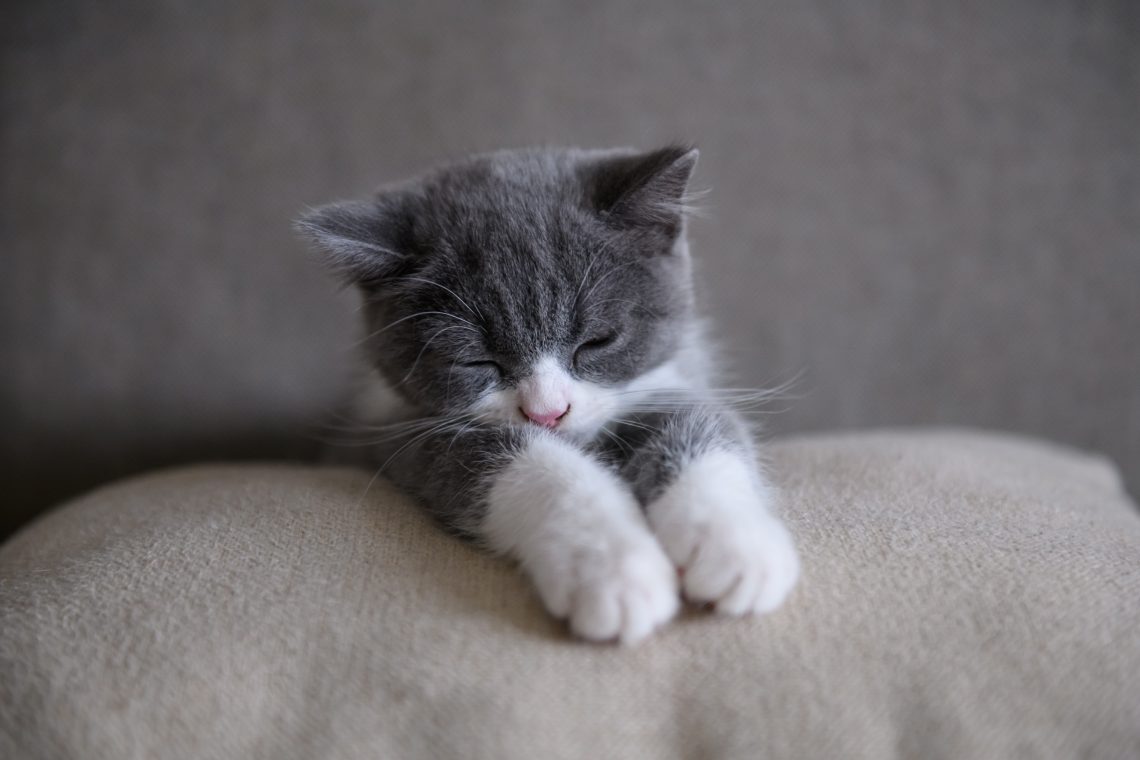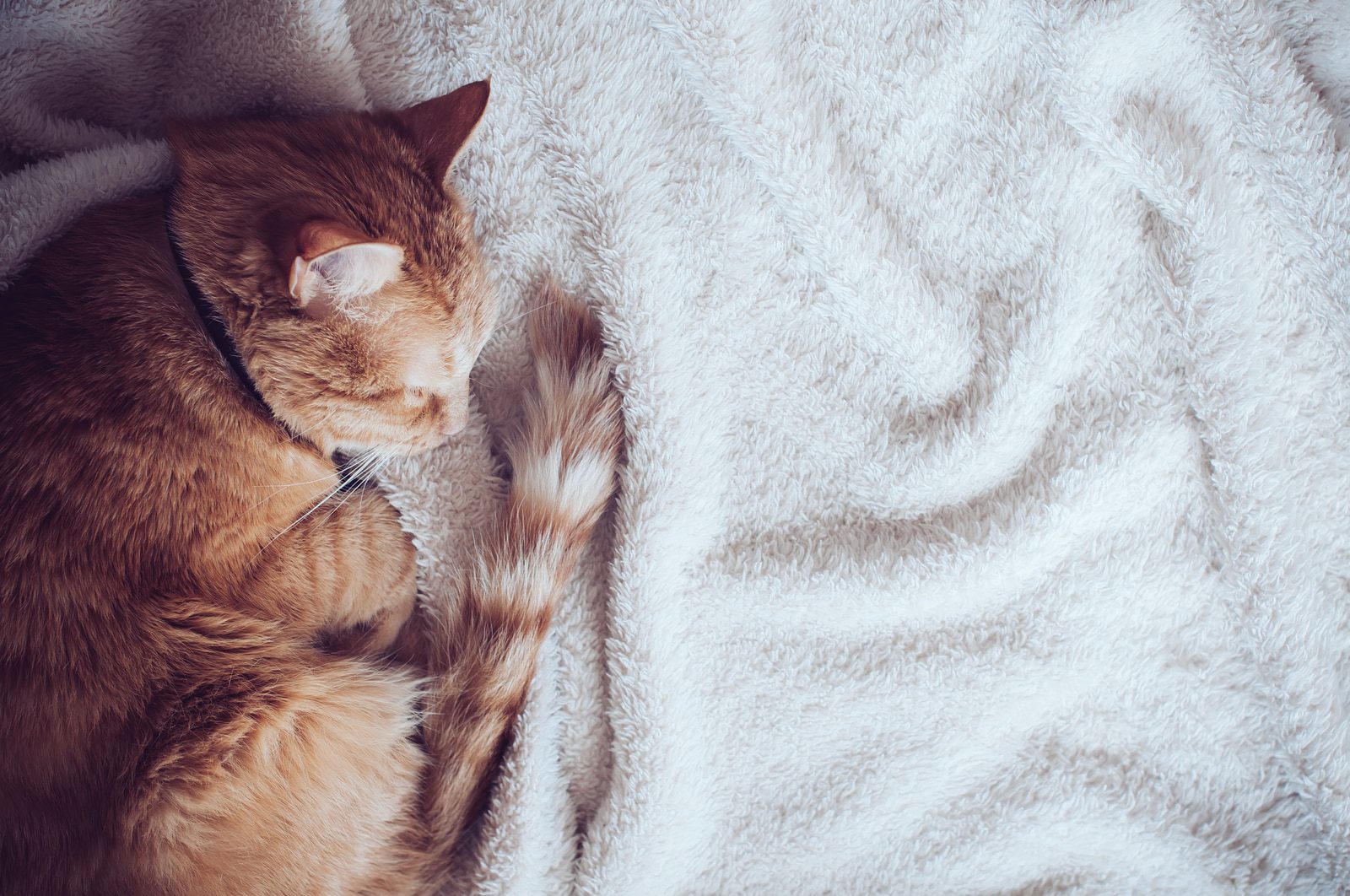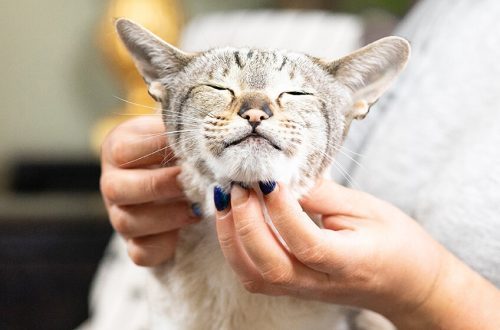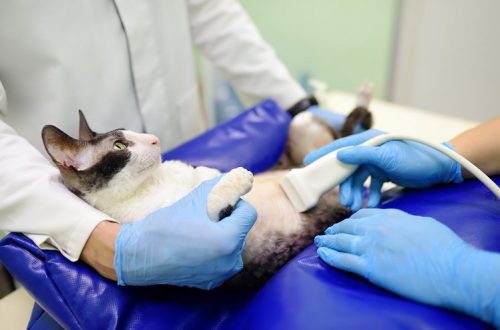
Can a cat have a concussion and how to treat it
As the years go by, many cat owners begin to realize that cats don’t always land on their feet when they fall. Contrary to popular myth, a cat can fall badly, and it does happen from time to time. But can a cat have a concussion?
Contents
Cat concussion after a fall
Head injuries in cats are quite common, and none of them is immune from this. Because of their tendency to climb high, feral, stray, or outdoor cats are at risk of head injury from falling from trees, fences, or being hit by a vehicle. Aggressive fights with other cats or animals can also lead to brain injury.
Can a cat that lives at home have a concussion? Of course, if they step on it, sit down or drop a heavy object. Pets living in high-rise buildings are at risk of the so-called “altitude syndrome”. The term was first coined by the Animal Medical Center (AMC) in New York to describe an accidental fall from a considerable height. These types of serious falls often result in “a common triad of injuries: chest injuries, head/muzzle injuries, and limb fractures,” according to AMC.
Concussion in cats: symptoms
The cat’s brain, although small, is a well-functioning, efficient and complex machine. After all, cats are genius animals. As the Cornell University College of Veterinary Medicine notes, the cat brain is very similar to the human brain. It controls and coordinates the central nervous system, including the brain and spinal cord, and the peripheral nervous system, which is made up of other nerves and muscles. In the gray matter of a cat with a volume no larger than a golf ball, many mechanisms work!
When a furry friend suffers a traumatic brain injury, such as a concussion, important connections between these two nervous systems are disrupted. This leads to visible signs of a problem. Since cats often hide their injuries and illnesses, any changes in the animal’s behavior should be carefully monitored. Signs of a concussion in a cat to look out for include:

- problems with walking;
- vomiting;
- insensitivity, such as not responding to one’s name or staring at one spot for an unusually long time;
- convulsions;
- swelling on the muzzle;
- bleeding from the eyes, nose, mouth, or open wound;
- loss of consciousness.
If the cat has fallen or suffered a head injury, contact your veterinarian immediately. He will correctly assess her condition and immediately provide medical assistance.
How to Treat a Concussion in a Cat
A veterinarian will perform various diagnostic tests to assess the injury and help relieve the pain and shock associated with a concussion. Usually the injury looks worse than the damage done. Tufts University’s Cummings School of Veterinary Medicine notes that the appearance of an injured cat can be intimidating to worried owners, although the prognosis is often positive. Even if the cat does not show any outward signs of injury, such as nosebleeds or facial swelling, it is important to seek help immediately.
When helping a cat recover from an injury, you need to pay attention to its eating habits. She should get proper nutrition and drink enough, but not too much water. If the cat is rapidly losing weight, breathing rapidly or heavily, or is overly sensitive to touch, these symptoms should be reported to a veterinarian as soon as possible.
Concussion in a cat: recovery
Your furry friend will most likely make a full recovery from his concussion. “Unless the cat has significant cerebral edema, meaning it’s just wound healing, many cats with a head injury can feel better in as little as a week or two,” Tufts writes. Cats with more severe injuries may take longer to recover. They also need extra help with daily activities such as eating and using the litter box. But still, most of them will eventually return to their normal cheerful state.
There are several ways to prevent head injuries in cats: fix windows and mosquito nets, block the exit to the balcony, and screw heavy furniture to the wall. If one day the cat does get injured, immediate veterinary attention, love, patience, and knowledgeable help from the owner will go a long way towards her speedy recovery.
See also:
How to determine the age of a cat by external signs
Too aggressive games in a cat: reasons and what to do
How to play with a cat: games for physical activity
How to train a cat to carry





